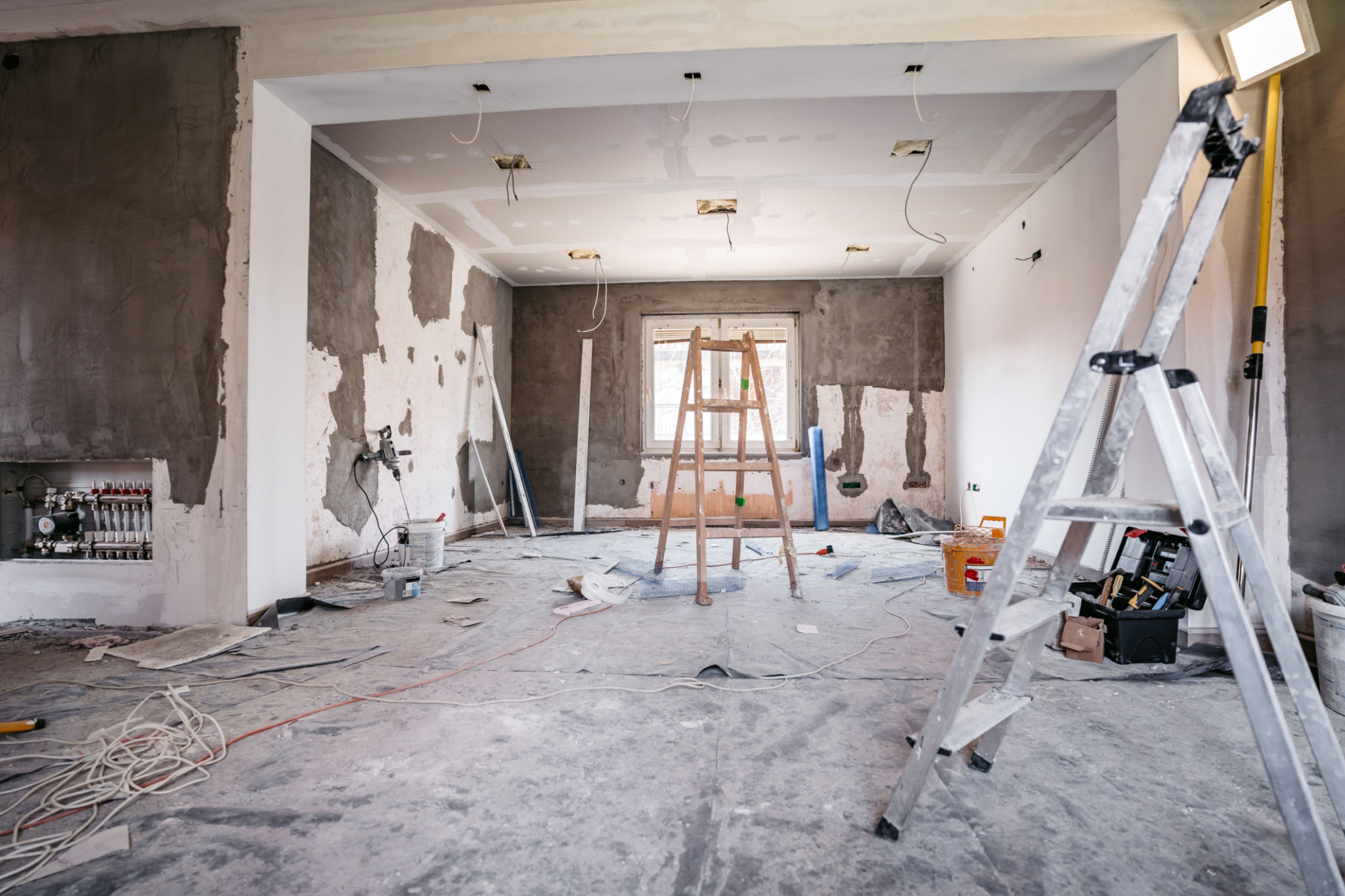DIY Property Maintenance Tips: What You Can Do and When to Call the Pros
Understanding DIY Property Maintenance
Maintaining your property can seem daunting, but with the right approach, many tasks can be done without professional help. Taking a hands-on approach not only saves money but also gives you a deeper understanding of your home. However, it's crucial to know when a task is within your capability and when it's time to call in the experts.

Regular Maintenance Tasks You Can Handle
There are several routine maintenance tasks that most homeowners can tackle on their own. These tasks include:
- Cleaning gutters: Regularly removing debris from gutters prevents water damage and keeps your drainage system functioning properly.
- Replacing air filters: Changing HVAC filters every 1-3 months can improve air quality and system efficiency.
- Patching small holes: For minor drywall damage, a patch kit from your local hardware store can do the trick.
These tasks require minimal tools and experience, making them perfect for DIY enthusiasts.
When to Call the Professionals
While many tasks are manageable, some require professional expertise to ensure safety and quality. Here are a few scenarios where calling a professional is advisable:
- Electrical work: Whether you're installing new fixtures or addressing faulty wiring, electrical work poses significant safety risks if not handled by a licensed electrician.
- Plumbing issues: Complex plumbing problems like pipe bursts or sewer backups should be addressed by a plumber to avoid further damage.
- Roof repairs: Working on the roof can be dangerous and requires specialized knowledge to prevent leaks and ensure longevity.

The Benefits of DIY Maintenance
Embracing DIY property maintenance has several benefits beyond cost savings. It empowers homeowners by increasing their knowledge about their home's systems. This understanding can lead to more informed decisions regarding home improvements and repairs. Additionally, completing projects yourself often brings a sense of accomplishment and pride.
Another advantage is the ability to schedule tasks at your convenience, avoiding the hassle of coordinating with service professionals. This flexibility allows you to prioritize tasks based on urgency and personal schedules.

Building Your DIY Toolkit
To effectively handle DIY maintenance tasks, it's essential to have a well-stocked toolkit. Some basic tools every homeowner should have include:
- A reliable hammer and set of screwdrivers
- A quality tape measure and level
- Pliers, wrenches, and an adjustable wrench
- A power drill with assorted bits
Having these tools on hand can make tackling those small fixes much easier and more efficient.
Conclusion: Balancing DIY with Professional Help
While there is immense value in handling property maintenance tasks yourself, recognizing your limits is key. Knowing when to call professionals ensures that complex issues are resolved safely and effectively. By balancing DIY efforts with professional expertise, you can maintain your property efficiently while safeguarding its value and integrity.
In sum, embrace the DIY spirit where you can, but don't hesitate to seek expert help when necessary. This balanced approach will ensure your home remains in top condition for years to come.